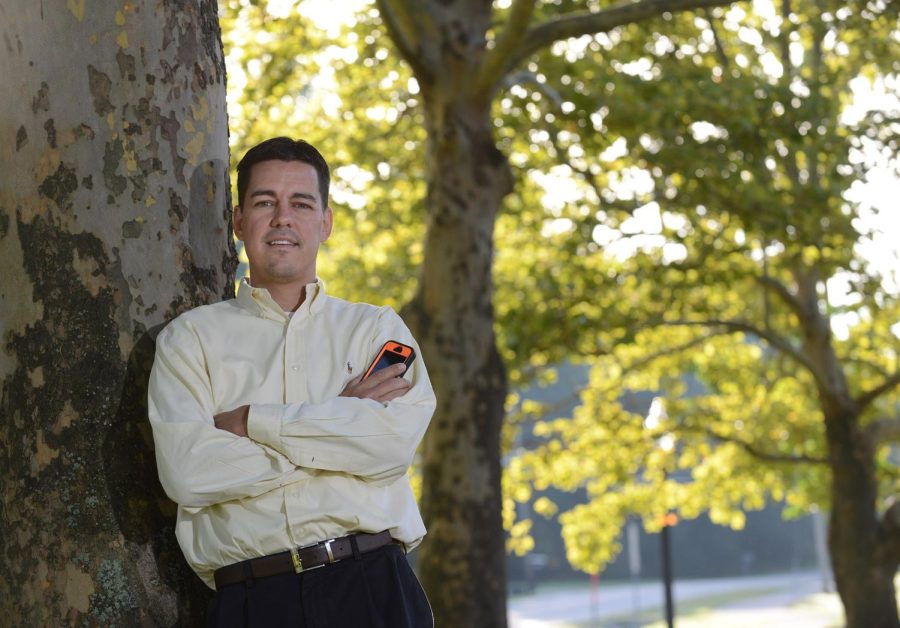Professor leads project to launch educational nature app for Ohio parks
Richard Ferdig, a Kent State summit professor of learning technologies, spearheaded the grant-funded collaboration project between Cuyahoga Valley National Park and Cleveland Metroparks to create a science learning app.
One Kent State professor is hoping to put the knowledge of the outdoors into the pockets of every local hiker.
Summit Professor of Learning Technologies Richard Ferdig, in partnership with Cleveland Metroparks and Cuyahoga Valley National Park (CVNP), spearheaded a project that used grant funding to develop an application called ParkApps.
The application incorporates maps, facts and tracking capabilities to provide users with an enriched park visit, as well as insight into plants, geology, animals and history of the locations while exploring.
“This is a great example of using technology to get people back into nature and to enhance their experience in the process,” Ferdig said, in a June 2 university news release.
With the project being funded by the National Science Foundation’s Advancing Informal STEM Learning initiative, its goals include testing the usefulness “of electronic devices while also studying the impact of mobile devices on informal science learning,” according to the news release.
“This collaboration uses current technology to help increase our visitor engagement while supporting our mission of conservation, education and recreation,” said Brian Zimmerman, Cleveland Metroparks CEO in the news release.
An additional function of the app lets users unlock badges for completing guided paths with points of interest. More features are in the works, including crowd-sourcing abilities to help other users identify plants, trees and animals.
ParkApps required the contribution of more than 17 experts in technology, education, science, programming and design—many of whom are from Kent State. The project is currently in its second year of a three-year initiative.
While the app is exclusive to CVNP and Cleveland Metroparks, Ferdig said the model could be expanded to include other locations, including parks closer to campus.
“There’s no reason this couldn’t be used elsewhere, and we would encourage the partnerships,” Ferdig said.
Though this venture aims to utilize technology in the most tech-free areas, Ferdig ensures the app won’t detract from the nature experience.
“A person does not have to walk around with their mobile device in their face,” Ferdig said. “We encourage users to start the app and then put their phone away. Once they get to a point of interest, the device alerts them. They can then stop, move off trail and learn something new.”
ParkApps is now available for free download on iTunes. A version compatible with Android will be released soon.
“We emphasize park activities that encourage visitors to engage with and learn about park resources,” said Jennie Vasarhelyi, chief of interpretation, education and visitor services at CVNP, in the news release. “This project provides a new way to promote engagement that we think visitors will enjoy.”
Benjamin VanHoose is senior copy editor for The Kent Stater. Contact him at [email protected].



